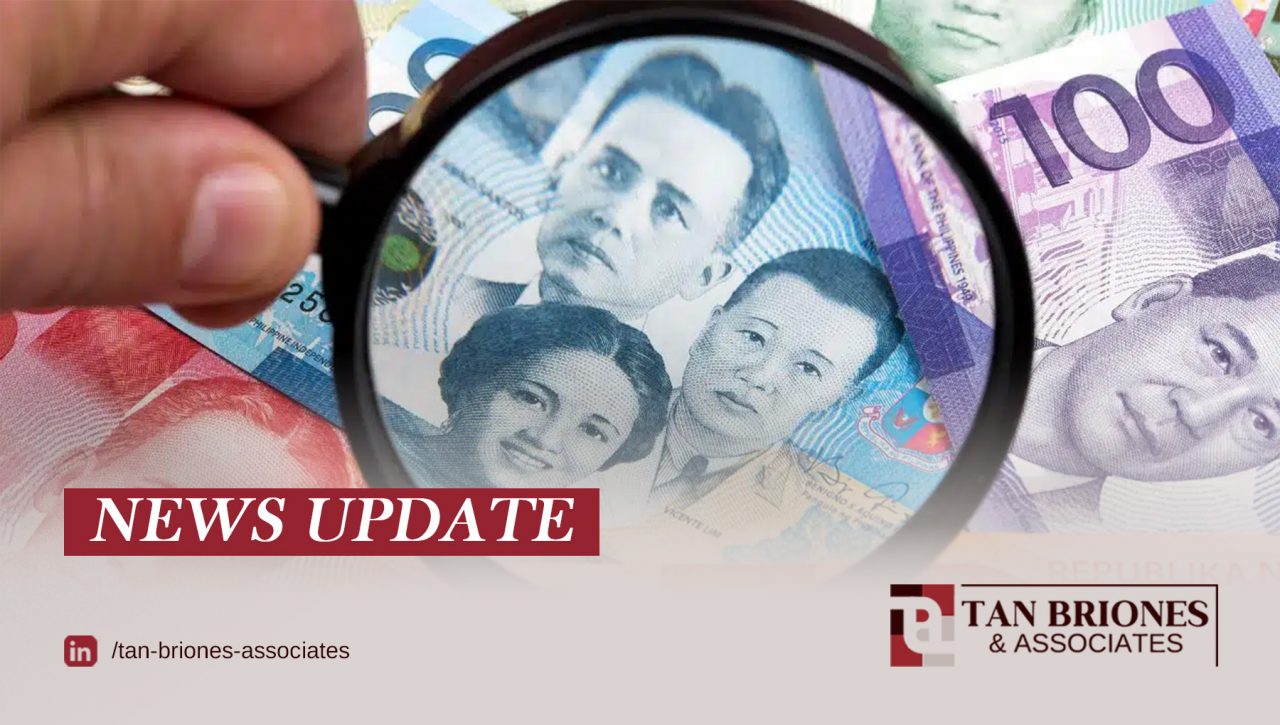
In response to concerns over alleged misuse of public funds, two bills were filed in the House of Representatives to tighten regulations on confidential and intelligence funds (CIF) and hold special disbursing officers (SDOs) accountable.
The House Committee on Good Government and Public Accountability, led by Rep. Joel Chua, filed House Bills No. 11192 and 11193, which propose stricter requirements for CIF allocation and SDO accountability, and seek to impose criminal and administrative penalties, including permanent disqualification from public office, against violators.
“The spirit of granting confidential funds was for peace and order programs and public safety,” the committee emphasized, highlighting discrepancies between the funds’ intended use and their actual allocation.
“It is high time that stricter requirements and guidelines be issued in the utilization of confidential funds for confidential expenses,” the committee added.
HB No. 11192, titled the Confidential and Intelligence Funds (CIF) Utilization and Accountability Act, seeks to restrict the allocation of CIF to agencies with mandates in national security, peace, order, and intelligence gathering.
The bill prohibits using the funds for unrelated activities, such as political campaigns or personal expenses of government officials. It also requires agencies to report their CIF usage to the Commission on Audit (COA) without compromising national security or law enforcement operations.
Meanwhile, HB No. 11193, the Special Disbursing Officers Accountability Act, addresses concerns about the accountability of SDOs, who are responsible for handling both regular and confidential funds.
The bill sets clear qualifications for SDOs, stipulating that they must be permanent government employees with expertise in accounting, auditing, or finance, and mandates an approved fidelity bond that corresponds to their cash accountability.
Additionally, it also prohibits SDOs from delegating fund disbursement duties and mandates personal liquidation of disbursed funds.
Failure to comply with the provisions would result in severe penalties, including disqualification from holding public office and the loss of government benefits.
The proposed bills stem from findings in congressional hearings that uncovered discrepancies in the use of confidential funds by civilian agencies, particularly the DepEd and the OVP under Vice President Sara Duterte.
The hearings revealed that CIF was used for activities such as safe houses and youth leadership summits, which deviated from the funds’ intended security-related objectives.
Follow Tan Briones & Associates on LinkedIn for more legal updates and law-related articles.







